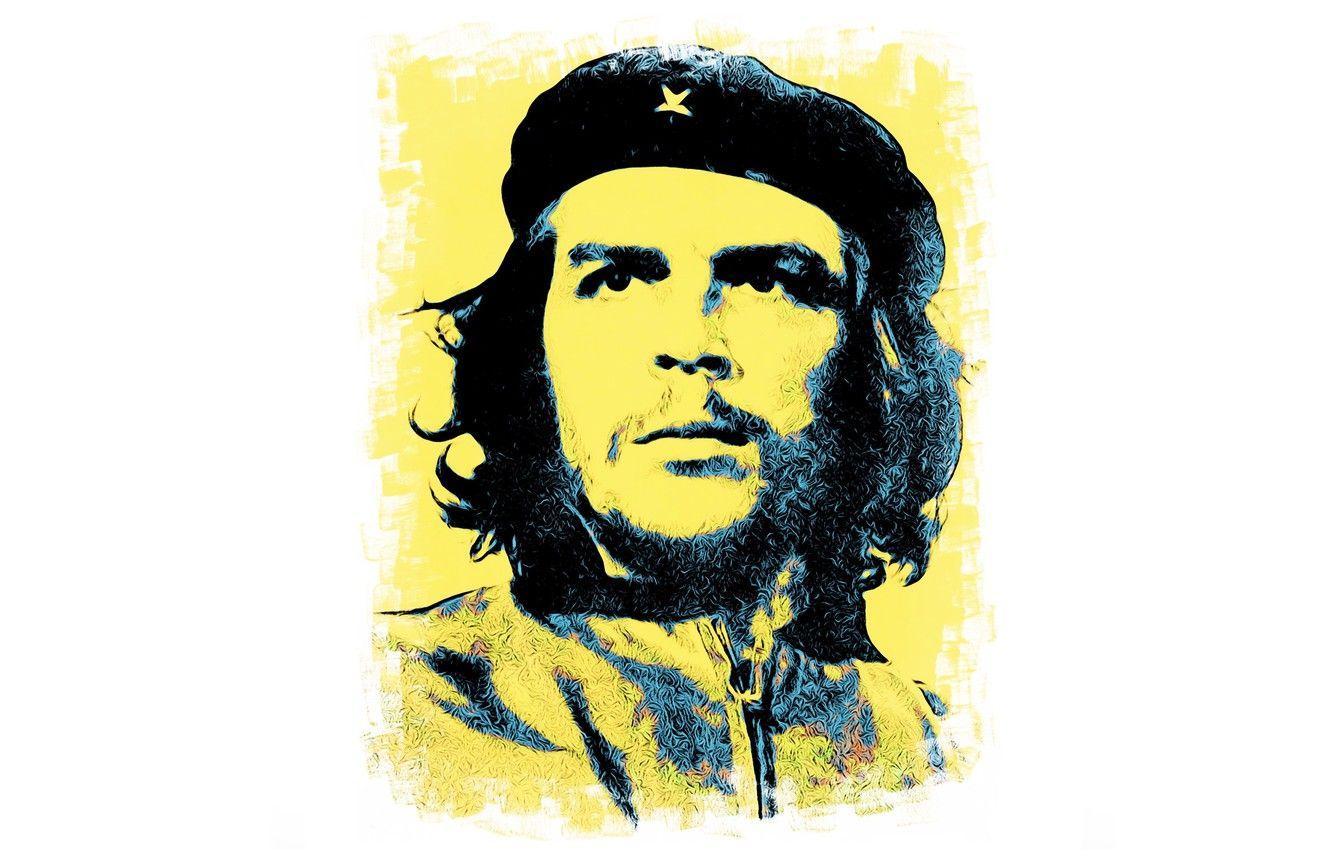

Following a near-disintegration of rebel forces, Guevara evacuated his men, convinced they couldn't liberate "a country that does not want to fight," according to The Guardian. Some relied on the magic of potions to produce victory and would fire their weapons wildly and blindly or drop them to move faster during retreats. For starters, many of the local rebels found day-to-day duties, like carrying loads, beneath them as soldiers.

Unfortunately for Guevara's revolutionary track record, they ran into a slew of problems. Guevara's job in all of this was to take a small group of Cuban soldiers and train the rebels in the Congo in the same guerrilla tactics that had successfully overthrown the previous Cuban government. Guevara hated US imperialism, or "Yankee imperialism" as he called it, at its core.

From then on, Guevara would be convinced of two things: The US would always fight against progressive governments, and the only way to change this would be a socialist revolution across the globe.Īccording to The New York Times, when Guevara showed up, Congolese rebels were already fighting a government backed by the United States - making their revolution all the more enticing. That overthrow was the final straw for the future communist hero. It would also shake up his worldview and open his eyes to the mass poverty which filled that part of the world.įrom medical school, Guevara would travel once again, this time to a progressively controlled Guatemala that would be overthrown in a CIA coup the following year, according to Britannica. His time on the road would be recorded in journals that would eventually become The Motorcycle Diaries. While taking a break from medical school, Guevara traveled South America for nine months before returning to finish his degree. According to Biography, a young Guevara studied medicine at the University of Buenos Aires. He was born to a well-off, aristocratic family and was destined to become a doctor. Guevara wasn't born with an AK-47 in his hands and a cause to charge after.


 0 kommentar(er)
0 kommentar(er)
